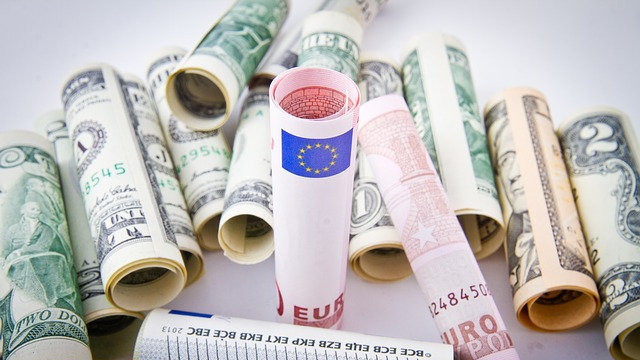The USD/JPY currency pair has surged to its highest level in several months, reaching approximately 154.35 – 154.40. This increase is primarily driven by market reactions to the recent US presidential election results, where Donald Trump appears to be leading. The Republican party is also projected to gain control of the House of Representatives, contributing to heightened demand for the US Dollar as optimism builds around the potential implications for fiscal policy.
As fears of inflation linked to possible tariff implementations under a Trump presidency arise, US Treasury bond yields have experienced a notable increase. The yield on the benchmark 10-year US Treasury bond has reached its highest point since early July, pushing investor interest away from the Japanese Yen. The potential for more deficit spending alongside expectations for a less aggressive easing stance from the Federal Reserve has further fueled this trend.
In addition, the so-called “Trump trade” has stimulated a rally in equity markets, which has, in turn, placed additional downward pressure on the Yen, despite a hawkish stance taken by the Bank of Japan (BoJ). The BoJ has indicated that it will consider raising interest rates if certain economic and inflation criteria are met. However, speculation persists that Japan’s current political landscape may inhibit the central bank’s ability to implement such measures effectively.
Looking ahead, the prospects for the USD/JPY pair appear to favor continued upward movement. Short-term corrections are likely to be viewed as buying opportunities, particularly in the absence of major economic developments from the US. Investors will soon turn their attention to the upcoming Federal Open Market Committee (FOMC) meeting, where a 25 basis point rate cut is expected, along with insights from the Federal Reserve Chair regarding future policies.
From a technical standpoint, the recent uptick in the USD/JPY pair is reinforced by its resilience above critical support levels. Continued acceptance above 154.00 could pave the way for a move towards the 154.70 – 154.75 range. Conversely, any declines may find support near the 153.50 -b153.45 zone, with significant buying interest anticipated around 152.45 – 152.40. Should the pair breach the 152.00 level decisively, it may signal a deeper correction towards the mid-151.00s, establishing new support dynamics.
